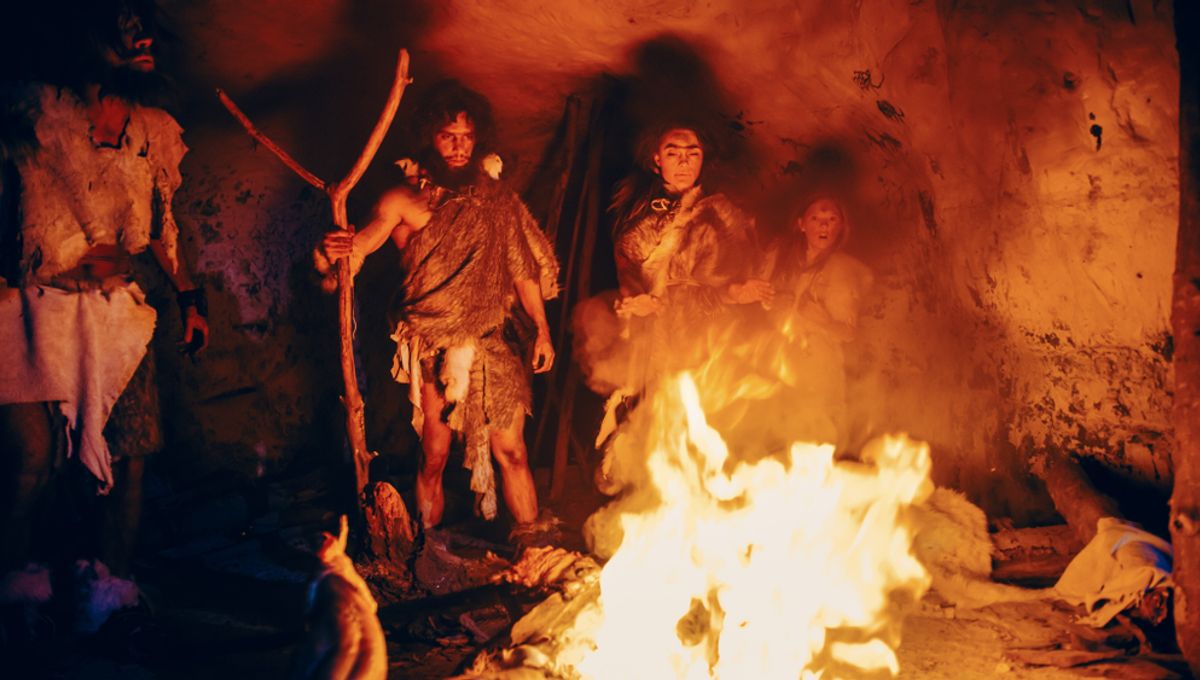
Fresh evidence suggests that early humans in Europe were mastering fire around 245,000 years ago. If this latest assessment is on point, it indicates our distant relatives may have been sat around a campfire, perhaps sharing food and building social bonds, up to 50,000 years earlier than previously thought.
In a new study, researchers studied samples from the Valdocarros II, a huge archaeological site found east of the Spanish capital of Madrid. Using forensic chemical analysis, they found certain compounds that clearly show things were burnt by fire.
Furthermore, it appears these fires were not simply accidents or wildfires. The researchers highlight evidence that humans may have sat around the firepit like a campfire, strongly suggesting this was an “organized” event that perhaps played an important role in their social interaction.
“We have found definitive evidence of things being burnt and those remains are organised into a pattern, suggesting it’s humans who are making and controlling the fire. Either they were using the fire to cook or to defend themselves. The spatial patterning in the fire tells us that they were encircling something, like a home or sleeping area, a living room or kitchen, or an enclosure for animals,” Dr. Clayton Magill, study author and Assistant Professor at Heriot-Watt University in Scotland, said in a statement.
It is unclear which species of early humans might have crafted the fires, however. According to most estimates, modern Homo sapiens had not even arrived in Western Europe until around 50,000 years ago, indicating it was another species that built the campfire. After all, we know that Europe has also been inhabited by a host of other hominin relatives throughout its history, including Neanderthals and Homo erectus.
Outside of Europe, there is even earlier evidence of humans playing with fire. The timing is still hotly debated, but there’s some evidence that Homo erectus was using controlled fires roughly 1.6 million years ago.
Understanding this timeline is no trivial matter. By learning about how and when our distant ancestors started to control fire, we can deduce all kinds of things about nutrition, social behavior, cognitive abilities, and much more.
Dr Magill added that this new work helps to fill in the gaps in our understanding of human-controlled fire and human development.
“This is important because our species is defined by our use of fire,” Dr Magill explained. “Being able to cook food to feed our big brains is one of the things that made us so successful in an evolutionary sense. Fire also brings protection and fosters communication and family connection. And we now have definitive, incontrovertible evidence that humans were starting and stopping fires in Europe about 50,000 years earlier than we suspected.”
The study is published in Scientific Reports.
Source Link: Humans In Europe Mastered Fire Way Earlier Than We Previously Thought